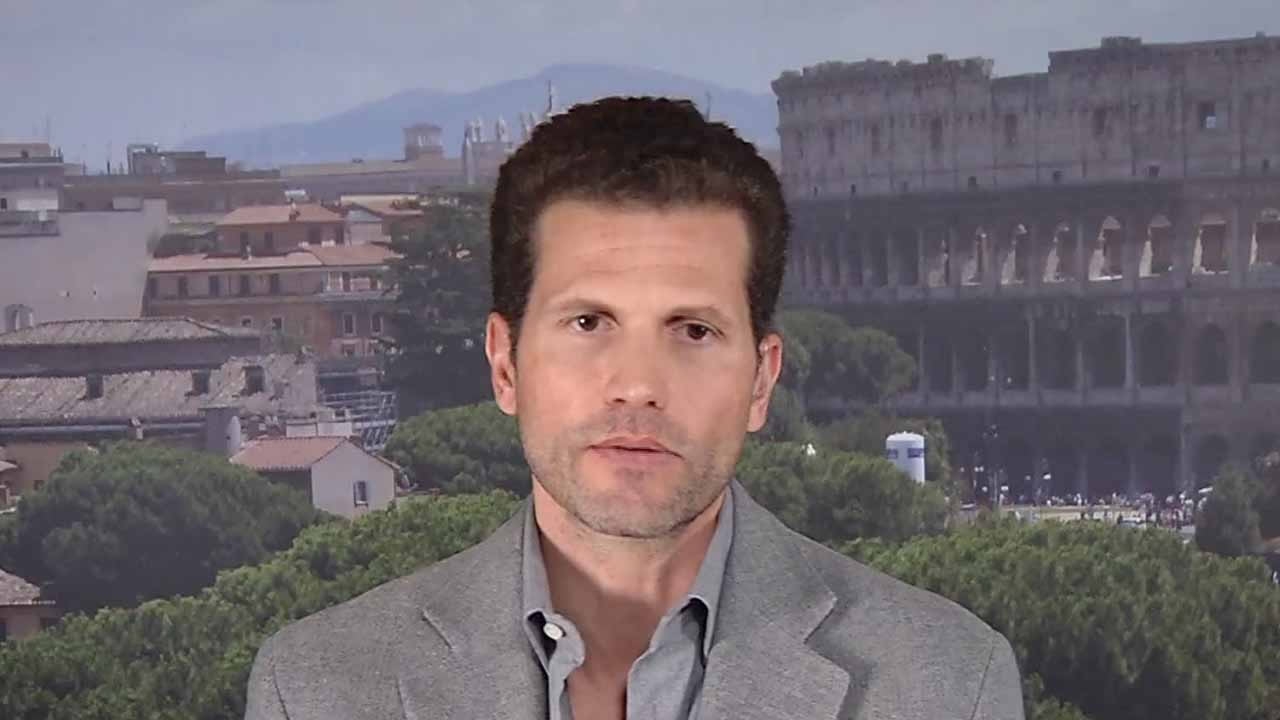
Opinions
11:15, 22-Nov-2017
Libya's future at risk six years after Gaddafi's fall
By CGTN’s The Heat

United Nations talks aimed at bridging differences between rival Libyan factions ended last month in a stalemate with no progress towards stabilizing the country and paving the way for elections.
Political and military fractures have left Libya mired in conflict – its economy in freefall since Muammar Gaddafi was ousted in 2011 after 42 years in power.
The country of about 6.3 million people is divided regionally, with multiple groups vying for control. And Libya has also become a magnet for migrants desperate to start new lives in Europe. If that weren’t enough, with the ISIL on the run in Iraq and Syria, there’s renewed concern that it could take advantage of Libya’s chaos and regroup there.
Jean-Lous Romanet Perroux, research leader for the EU's delegation to Libya warns that Europe's policy towards Libyan migrants will transform into a political and humanitarian disaster.
"In a humane conditions, containing the flow is not going to stop the influx of migrants from the south, it’s increasing actually because the migrants are paying to transition, to transition from the south to the shores," says Perroux.
Perroux has urged leaders to think beyond what's currently happening, stating that "we should not think that by stopping boats from the shores of Libya, we stop the flow of migrants coming from Libya."

SITEMAP
Copyright © 2018 CGTN. Beijing ICP prepared NO.16065310-3
Copyright © 2018 CGTN. Beijing ICP prepared NO.16065310-3